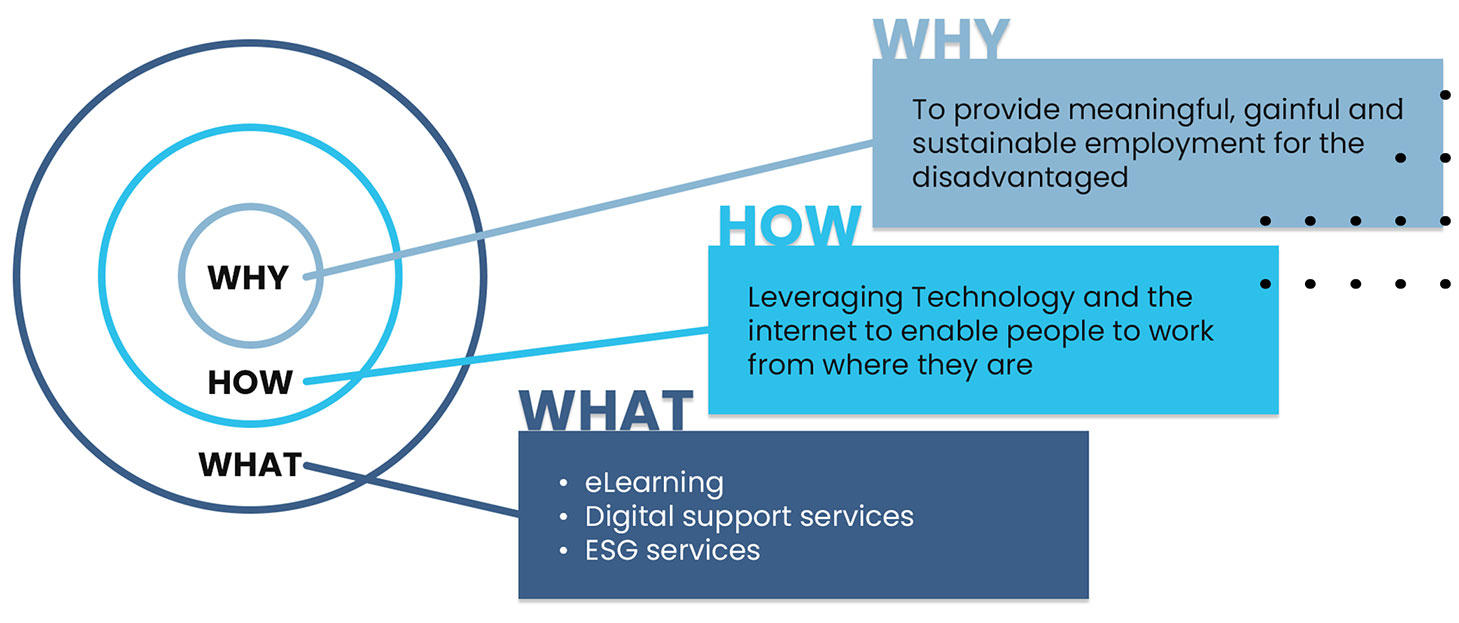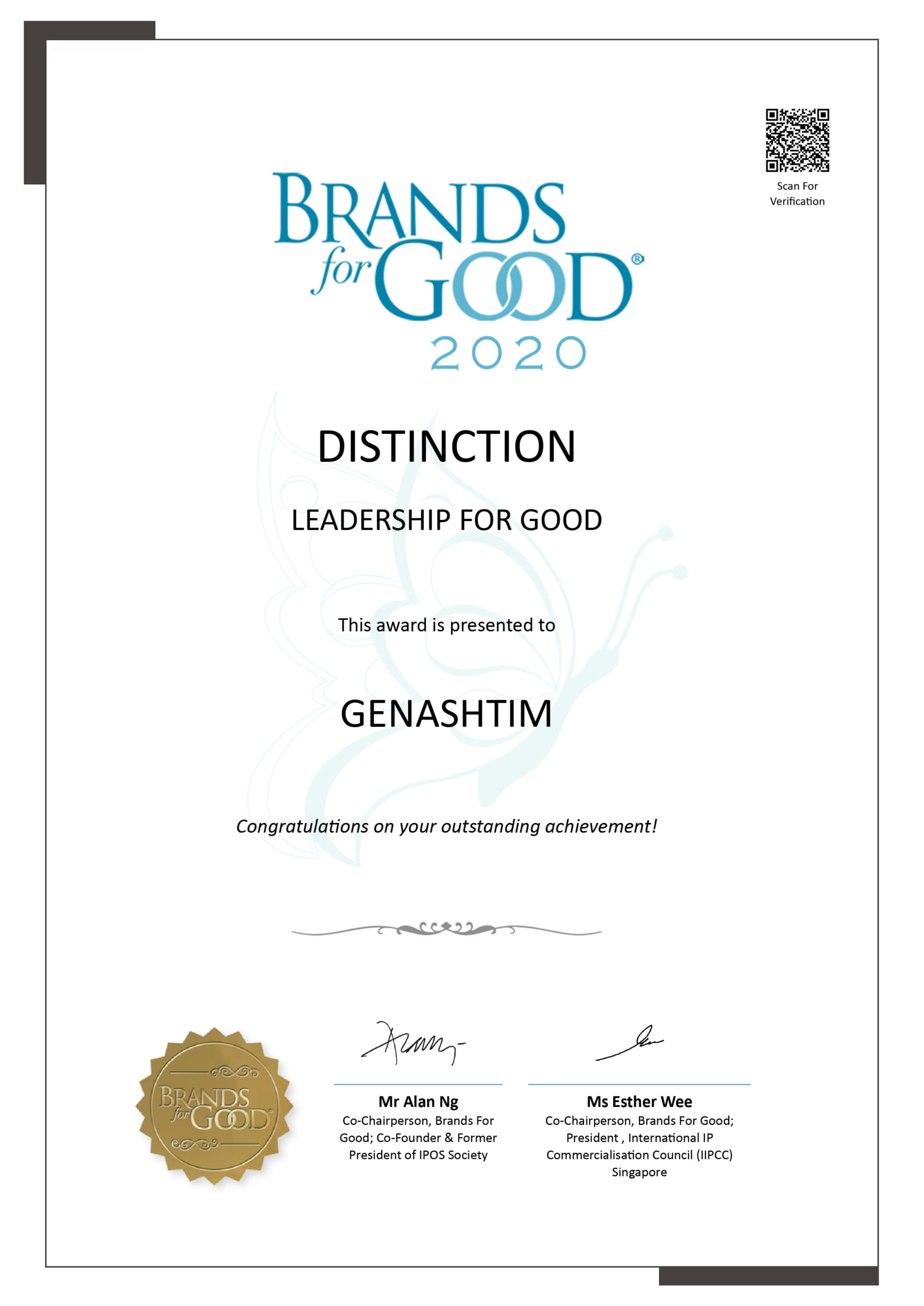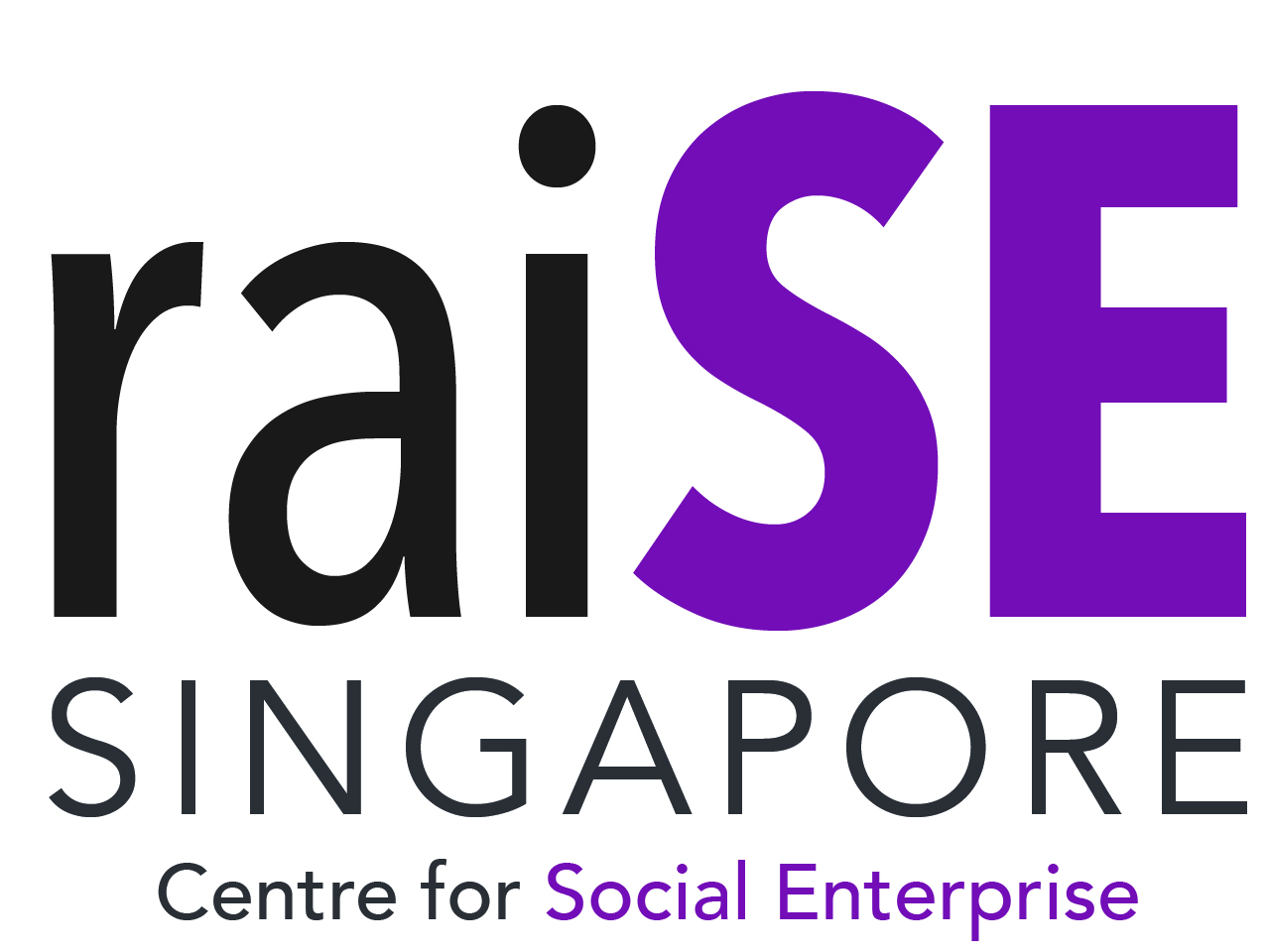Social Justice Ensures Business Success

“All animals are equal, but some animals are more equal than others.”
I am reminded of these lines from George Orwell’s famous novel, “The Animal Farm”, as we celebrate World Social Justice Day.
The idea of social justice and the promise of equality for all has been an appealing part of many movements and ideologies throughout history but ironically, social injustice is still prevalent to this day.
Social justice quite simply stands for fairness between all individuals and equal access to wealth, opportunities, and social privileges within a society. With its five main principles of access to resources, equity, participation, diversity, and human rights, social justice aims to provide basic human rights to marginalized and disadvantaged groups.
Many governments, agencies, non-profit organizations, and even businesses are striving to bring social justice to ensure everyone has access to all resources without any discrimination. With the increased awareness of the modern generation, social justice has become the forefront everywhere from governments to offices and homes. The new generation demands justice and equality for all and leaves no one behind.
Social Injustice at the Workplace
Our workplaces are one of the first places wherein we need to start addressing injustice. Social injustice in the workplace can take many forms, including discrimination based on race, gender, age, sexual orientation, and physical or mental ability. The workplace also involves unequal pay, lack of opportunities for advancement, and harassment or bullying. These issues can create a hostile work environment and can have a detrimental effect on employee morale and productivity.
Employers need to address and prevent social injustice in the workplace to create a fair and inclusive environment for all employees.
There are several measures that a company can take to prevent social injustice in the workplace:
- Develop and implement a clear and comprehensive anti-discrimination and harassment policy that applies to all employees that includes a process for reporting and addressing complaints.
- Provide regular training to all employees on the company’s anti-discrimination and harassment policy, as well as on how to recognize and prevent social injustice.
- Regularly assess and evaluate the company’s diversity and inclusion practices to identify and address any areas of concern.
- Promote a culture of respect and inclusion by encouraging open communication, teamwork, and mutual respect among employees.
- Implement a fair and transparent process for hiring, promotion, and compensation decisions to ensure that all employees have an equal opportunity for advancement.
- Have a confidential and neutral third-party investigation process in place for addressing complaints to ensure the offending employee is held accountable and the victim is not persecuted regardless of their rank and position in the company.
- Hold managers and senior leaders accountable for promoting and maintaining a culture of justice, diversity, equity, and inclusion and make sure they are aware of their role in preventing social injustice in the workplace.
Employers need to take a proactive approach to prevent social injustice in the workplace, as it benefits not just employees, but also the company by creating a more productive and engaged workforce. By maintaining an inclusive, diverse, and safe workplace, companies will thrive in competitive business pursuits as its diverse workforce produce unique and innovative ideas with a strong global appeal.
Unconscious Bias Might Be Stopping Social Justice
Implicit bias, which is also known as unconscious bias is social stereotypes against a certain group and is one of the major hurdles in eradicating social injustice.
This reminds me of a recent interaction with my brother. We were driving somewhere when we got stuck in a traffic jam. Later we found out the reason was a car that had stopped in the middle of the intersection. My brother immediately said, “I bet it’s a woman, they can’t handle their cars.” I was indignant on behalf of the female drivers and retorted maybe her car is broken. I replied, “Would you assume the same bad driver narrative if it were a male driver?” He admitted that he wouldn’t. Then I had to explain to him how he is unconsciously biased towards women drivers. I am glad he understood my point and we moved on.
This seemingly small and insignificant incident got me thinking about how women are treated unfairly in many places just because of their gender. It goes back to the quote of Orwell that some animals are more equal than others. Having unconscious bias means that you genuinely believe some groups are not capable as compared to other groups, so they do not deserve equal treatment. For example, the belief that women are not as capable as men or that a differently abled person is not as capable as their abled body counterparts is all result of unconscious bias.
Social justice will be much easier to attain if we stop and consider our unconscious biases. Workplaces are one of the first places where we can start correcting them. When hiring a candidate, you should ask yourself whether you are hiring them based on their merit rather than instinct and gut feeling. The reason is that hiring someone based on gut feeling more often than not means you are acting upon your unconscious bias.
Genashtim Pte Ltd and Its Role in Highlighting Social Justice
Thomas Ng, the founder of Genashtim Pte Ltd, decided to start the company when his attempts to get talented PWDs hired by big companies failed. According to Thomas, there was always an interest, but implementation was too difficult for these companies to produce any results.
With empowering people as its core value, Genashtim is playing a key role in promoting social justice by hiring people from disadvantaged groups. Genashtim’s motto to leverage technology to provide opportunities to the disadvantaged has marked it as a company that is aware of its social responsibilities and plays an active role to achieve sustainability and social justice.
How Genashtim’s Diverse Workforce Helps It Grow
Social injustice results in a less diverse workforce that is dominated by one particular social group which can produce less accurate results. For instance, a male dominant company will have a limited perception or misconception of the world, and this can affect their problem-solving skills. Similarly, a workplace that is prone to harassment and bullying can stifle creativity as most workers will not feel psychologically safe to share their ideas.
Genashtim has a unique position as a company for having a workforce that is diverse in a way that might not be possible anywhere else in the world. Genashtim has employees from over 20 countries of the world with 70% of them being people with disabilities and 30% belonging to other disadvantaged groups.
Keeping in mind that Genashtim is a for-profit organization and like all other businesses, it aims to grow its business and profit. Some might assume that having such a workforce that is not physically abled may be a liability. In contrast, Genashtim’s employees are its biggest assets. They all bring their unique set of perceptions to work, and they feel safe and confident to share their ideas that produce creative and innovative results. This has resulted in Genashtim achieving tremendous success. Even during the pandemic when many companies were struggling, Genashtim experienced substantial growth as all its employees were already working remotely.
Social Justice in 2023
World Social Justice Day is celebrated every year on the 20th of February to remind everyone of the evils and negative impacts of social injustice and to renew the pledge to eliminate inequality, poverty, and discrimination.
In recent times, companies’ increased awareness about social injustice created a rising pressure to make sure that they have a diverse workforce. According to a Glassdoor survey, 1 in every 3 employees and job seekers wouldn’t apply to a company that lacks diversity. Currently, the key ingredients required for business success are justice, equity, diversity, and inclusivity. Social Justice and inclusion for all is a new reality that everyone must embrace

















































































































